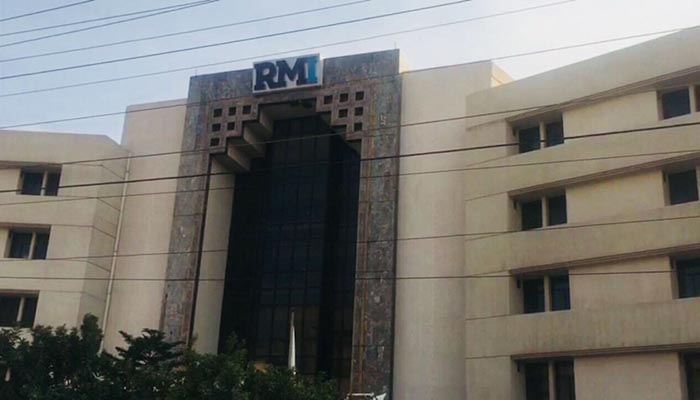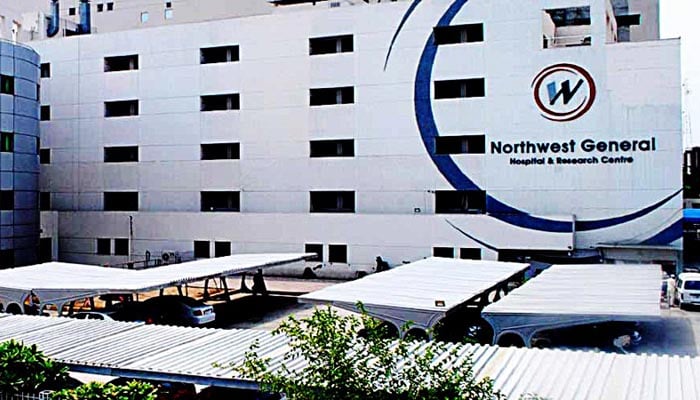When the Soviets first launched an attack in Afghanistan, a large influx of Afghans fleeing the war ended up in Peshawar’s upscale Hayatabad area, a suburban-fringe. Those who could afford it settled in rented houses. Others, the less fortunate one, were shepherded into refugee camps. In either case, a bond was developed with Hayatabad. It felt like home, away from home.
Over the years, there was a steady flow of Afghans into Pakistan, to meet family, set up businesses, and most importantly for medical treatment.
The latter became known as “medical tourists” and were often found in Peshawar’s largest hospitals: The Lady Reading Hospital, Khyber Teaching and even a few private clinics. Doctors sensing an opportunity, commissioned two new private hospitals in Hayatabad to cater especially to the Afghan nationals. Rehman Medical Institute, more popularly known as RMI, was a 500-bed facility which opened its doors in 2002. The second was the North West Hospital, a 310-bed facility built in 2009. Initially, both hospitals, across the street from each other, were staffed with highly trained staff and doctors, and provided the latest, state of the art facilities.
The offer was too tempting to ignore. Facilitated by an open border, the Afghans could now easily pop over for consultation in the morning and head home at night.
A chunk of the patients were Afghan women, seeking gynaecological services. Many women delivered their children at these hospitals in Pakistan. Then there were patients with chronic illnesses such as diabetes and heart ailments. A few were also treated for cancer or hepatitis.
Over 500 Afghans were admitted per month in one of the two hospitals, according to the hospital administration Geo.tv spoke to. But the rush of medical tourists fell drastically when in April, 2016, Pakistan introduced visas and passports for Afghan nationals over concerns that the cross-border movement would allow terrorists to enter. Now, only 50 are admitted per month. Both hospitals have had to incur financial setbacks due to the thinning of patients.
“We still get many patients from within Khyber Pakhtunkhwa,” said Sajjad Khan, RMI’s Public Relations Officer, “But they are mostly people who cannot find space in government hospitals. Whereas with the Afghan patients, they used to come here especially for treatment. That number has now been cut by half.”
Even in the North West Hospital, it is no longer business as usual. “When the Afghans were coming, we were always running short of beds and time,” admits Nouman, the media in charge, “Things were very that busy back then.”
With Afghanistan still embroiled in warfare, many Afghans are left with no other option but to travel to Pakistan for treatment. Syed Rehman, a resident of the Nangarhar province in Afghanistan, said that despite new facilities being built in Kabul and Jalalabad, he still comes to Peshawar whenever he can. “Peshawar is closer to us,” he tells Geo.tv, “It is also far more secure and peaceful than is Kabul.”
Pakistan’s stringent visas requirement is creating a vacuum; which India is looking to fill. In the last few years, India has issued a large number of visas to Afghans for medical purposes. But few Afghans can afford the sums involved in flying to the country. In contrast, medical treatment is still cheaper and easier to access in Pakistan.
“We still prefer Pakistan,” said Shafat Ali, “Here we share the same culture and language. I hope the two countries facilitate us in some way.”




